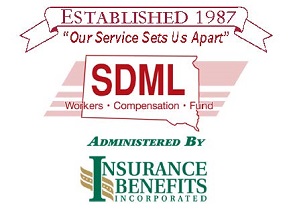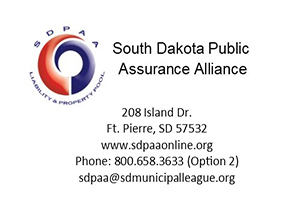Founded in the 1950’s and Incorporated in 1991, the South Dakota Association of County Officials is geared toward promoting the general welfare of county officials and to establish more uniform methods of procedure in those county offices. Our goal is to serve in an advisory capacity to the Legislature on matters of county administration and procedure. In doing so, we bring county officers together in annual session for the mutual exchange of ideas for the promotion of greater efficiency in all offices.
Our organization has a broad constituency of all South Dakota citizens, with our primary constituents being county officials and the counties they serve. We strive to insure that county officials receive as much information, education, training and interactive communication as possible to meet the growing challenges and needs of their positions. It is these training services that serve as the linchpin for the successful management of county government and the ability of county officials to form consensus on issues.
South Dakota County Government
The Local Arm of the State
South Dakota is divided into sixty-six counties which range in population from 124,000 in Minnehaha to 1,300 people in Jones County. Most of the current county boundaries were originally established in the middle and latter part of the nineteenth century, and some in the early part of the twentieth century. At one time, South Dakota consisted of many more counties than the present day sixty-six. But, as the mode of transportation improved in South Dakota it became easier to travel to the county seat and the population shifted. This allowed counties to consolidate services, and limit the number of county seats. The latest of these consolidations occurred in the late 1970’s between Washabaugh and Jackson counties.
County governments in South Dakota are either organized or unorganized bodies for civil and political purposes, and are an artificial being created by law. County governments are quasi-municipal corporations and are considered public or state agencies for the performance of public or governmental functions. Therefore, counties are an agent of the state, but the state legislature is generally prohibited from enacting any private or special laws which regulate county affairs.
However, county governments perform a variety of state mandated duties, including property assessments, road and bridge maintenance, police functions, poor relief, elections, and records maintenance.
County governments rely on several forms of revenue, but primarily fund services through the property tax. Although property taxes in South Dakota are part of a larger system of taxation that includes sales taxes, fuel taxes, motor vehicle licensing and a wide variety of special taxes, the property tax is considered the local tax. Property taxes are the primary source of dollars for schools systems, counties, municipalities and other local government units. Consequently, their administration is a local responsibility.

